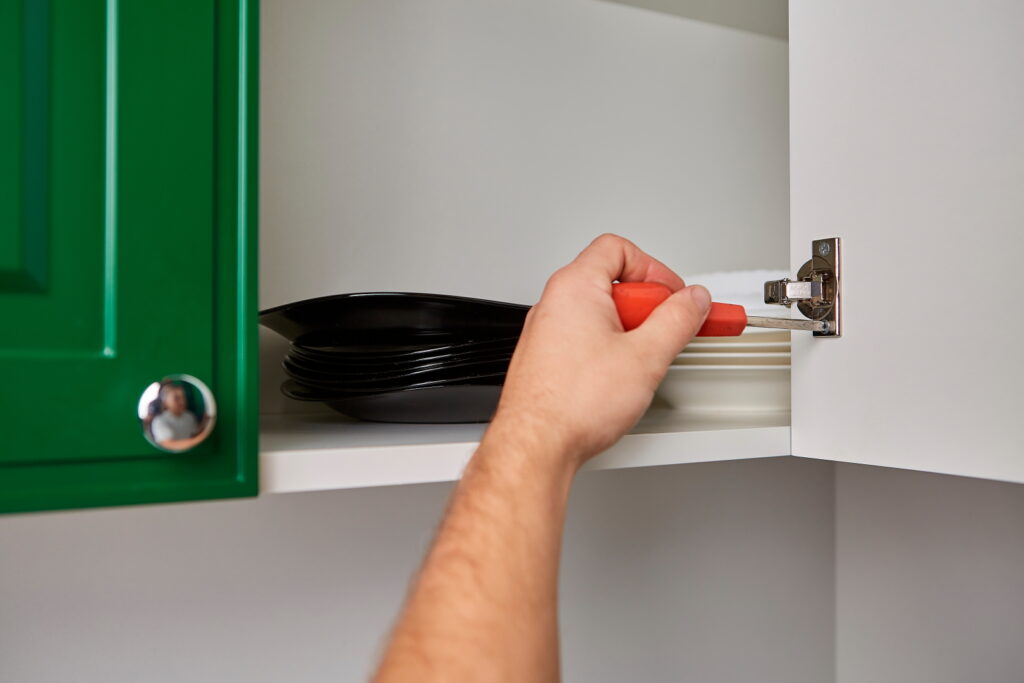10 Essential Tips You Must Know Before Hiring a Handyman: Save Time and Money!
In today's fast-paced world, managing home repairs and renovations can feel overwhelming. With a myriad of tasks demanding your attention, calling a handyman seems like a convenient solution. However, before you pick up the phone, there are essential factors to consider that can save you time, money, and stress. In this comprehensive guide, we’ll cover everything you need to know before hiring handyman services, ensuring you are fully prepared to make the right choice. Let’s dive into the critical tips that will give you the upper hand when it comes to home maintenance.

1. Determine Your Needs
Before you even start searching for a handyman, outline the specific tasks you need help with. Are you looking to repair a leaky faucet, install shelves, or repaint a room? Knowing exactly what you need will help you communicate clearly with potential handymen and ensure you find someone who is qualified for the job.
2. Research and Read Reviews
Take your time to research handyman services in your area. Websites like Yelp, Google Reviews, and social media platforms can provide insights into past customer experiences. Look for handymen with high ratings and positive feedback. A remarkable 82% of consumers trust reviews as much as personal recommendations—so don’t skip this vital step!
3. Check for Licensing and Insurance
It's essential to hire a handyman who is properly licensed and insured. Many states require handymen to have a license for specific types of work, especially when it involves plumbing or electrical tasks. Insurance protects you from liability in case of accidents or injuries during the job. Always confirm these credentials before proceeding.
4. Get Multiple Quotes
Don’t settle for the first handyman you find. Gather quotes from at least three different professionals. This strategy keeps you informed about the going rates for specific tasks and allows you to gauge the handyman’s experience based on their pricing. Remember to ask if estimates are free or if there are any hidden fees involved.
5. Ask About Experience and Specialization
Not all handymen are created equal; some may specialize in particular types of work, such as plumbing, carpentry, or electrical installations. When you interview candidates, inquire about their experience in the specific tasks you need help with. A highly specialized handyman will likely deliver better results than a jack-of-all-trades.
6. Communicate Your Expectations
Clear communication is key to ensuring a successful handyman project. Discuss your expectations in detail, including timelines, budgets, and quality of work. Writing down a list of tasks can help both you and the handyman stay aligned throughout the project.
7. Evaluate Availability
When scheduling a handyman, consider your own availability as well as theirs. Some handymen may be booked weeks in advance, so plan accordingly. If your project is time-sensitive, make sure you express urgency and verify their estimated timeline.
8. Don't Skip the Contract
Once you’ve selected a handyman, ensure that everything is documented in a contract. This should outline the scope of work, materials used, costs, timeline, and payment terms. This legal document protects both parties and helps prevent misunderstandings.
9. Review Before Payment
Before making a final payment, inspect the completed work thoroughly. Don’t be shy to express your satisfaction or concerns. If there are any issues, address them immediately, as many professionals will want to leave you happy with their work.
10. Establishing a Long-Term Relationship
If you're pleased with the work done, consider creating a long-term relationship with your handyman. Having a trusted professional who understands your home and preferences can make future repairs and maintenance easier.
Conclusion
Hiring a handyman can be a daunting process, but by following these ten essential tips, you can make informed decisions that lead to successful home repairs and renovations. Take your time, do proper research, and ensure clear communication. Remember, a good handyman is not just a service provider but a partner in maintaining your home’s integrity and comfort. Don't rush your decision—your home deserves the best! With these insights, you are now equipped to find the right handyman who meets your specific needs and can deliver quality results. Save time and money on your home projects by prioritizing due diligence in your hiring process!















